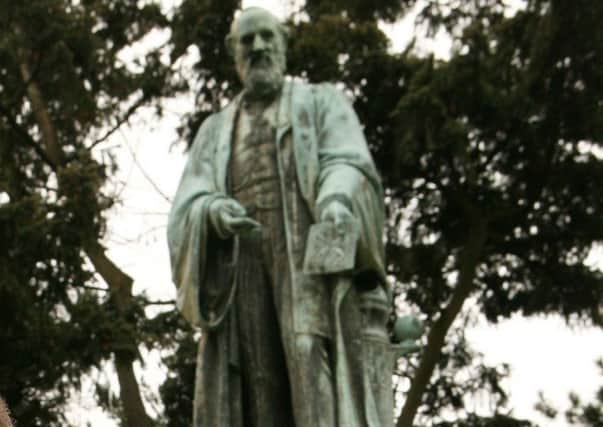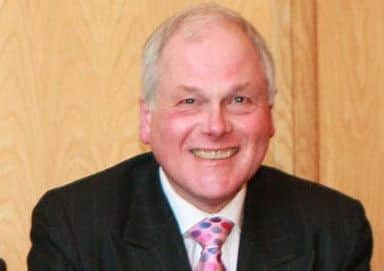The world is currently predicated on the Reformation and is likely to remain so


The Reformation was important theologically, symbolically and practically.
It was the culmination of several 100’s years of agricultural development, critiques of the Church, intellectual development, the re-discovery of ‘classical’ learning (Roman and Greek), economic progress and the discovery of new lands that broke the bonds of traditional order.
Advertisement
Hide AdAdvertisement
Hide AdWhat brought them altogether was print, enabling cheap books that disseminated this new knowledge to a wide population, breaking the Roman Catholic Church’s monopoly over learning and knowledge.


It was noticeable that the Reformation occurred most successfully outside of the Mediterranean countries (previously the centre of the known world and economy).
It was on the fringes of Europe, with open access to the Atlantic and hence to new world trade routes, with new economic opportunities and interests, which challenged old vested politico-economic ones.
In addition, these new economies needed new scientific knowledge, e.g. to measure the earth, chart the stars, measure time, to enable better navigation for trade and discovery. A better knowledge of God’s world was required.
Advertisement
Hide AdAdvertisement
Hide AdThis need for new knowledge implied the need for a new, more open and therefore tolerant society, open to individual talents and developing them (not repressing them to fit into a defined order).


Captain Cook, the greatest navigator (and most scientific) of his age was the son of a Scottish farm labourer, married to a North Yorkshire girl, who only got a rudimentary education because his Mother was a Quaker. His rise and achievements symbolised much of what the Reformation stood for in practical terms.
Similarly, the great industrialists from Ulster, e.g. Mackie or Dunlop, or its great scientists, e.g. Black in Chemistry or Kelvin in Physics, also exemplify the spirit, also exemplified in labour organisation, workers self-help, and politics, the modern (GB) Labour Party was founded in Belfast (1907).
This spirit defies the forces opposed to the Reformation, who disliked it because it threatened their vested interests: and even today that spirit is still attacked in many (Romantic) quarters.
Advertisement
Hide AdAdvertisement
Hide AdMeanwhile, ostensibly Roman Catholic countries, e.g. France, Italy, Spain, have had 200 years of revolutions to throw off the forces opposed to the spirit of the Reformation, relegating the Church to a peripheral role.


Concurrently, the Reform movement within the Roman Catholicism, e.g. theologian Hans Kung, argues that the Church’s inability to come to terms with the Reformation spirit is what holds it back.
The world is currently predicated upon the Reformation and is likely to remain so.
• This is the last in a six-part series on the Reformation by Dr Dingley. Links to the other parts in the series are below
Advertisement
Hide AdAdvertisement
Hide Ad• Dr James Dingley is an academic and chair of the Francis Hutcheson Institute. He has published on conflict analysis and nationalism and is author of ‘The IRA: the Irish Republican Army’


• Previous parts in series:
PART FIVE (July 20): Reformation led to dissent and challenge to vested interests
PART FOUR (July 12): The Reformation boosted science and economic success
PART THREE (May 18): Industry flourished after the Reformation
PART TWO (May 4): Papacy opposed the democracy that arose from the Reformation
PART ONE (April 13): The Reformation ushered in liberal democracy, science and industry